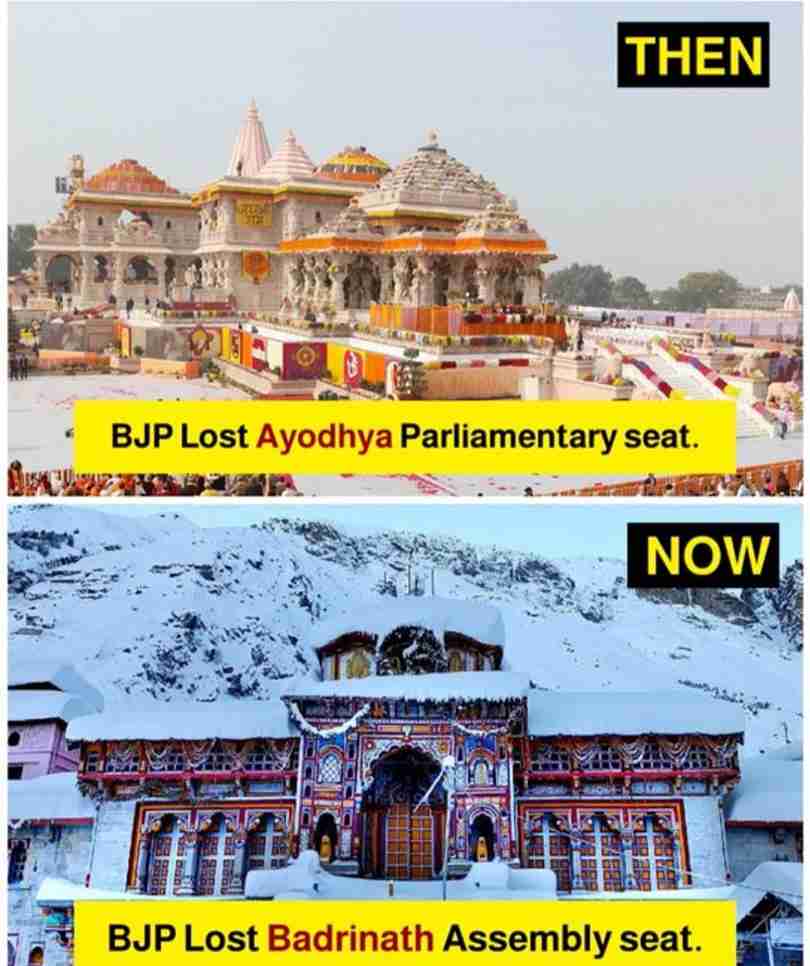The opposition Indian coalition made a remarkable victory in the recent by-elections, winning 10 of the 13 assembly seats in seven states and displaying significant electoral strength against the Bharatiya Janata Party (BUP), which managed to win only two seats. This by-election was particularly important as it was the first electoral test after the 2024 Lok Sabha elections.

The Aam Aadmi Party (AAP) won the Jalandhar West seat in Punjab by a clear margin, while the Trinamool Congress (TMC) won all the four seats in West Bengal. Kamlesh Thakur, wife of Himachal Pradesh Chief Minister Sukhwinder Singh Sukhu, won the double seat.
Further in southern Tamil Nadu, DMK’s Anyur Siva won the Vikravandi assembly seat with a significant lead, reflecting the party’s continued dominance in the region. Meanwhile, the Congress won both Badrinath and Mangalore seats in Uttarakhand and strengthened its presence there.
On the contrary, the BJP got a narrow victory and won only two seats, including Hamirpur in Himachal Pradesh and Amarwar seat in Madhya Pradesh, indicating possible challenges before the party in the state-level contests.
The findings underscore india’s changing political landscape, where regional parties and alliances are increasingly expanding their influence, challenging the dominance of national parties such as the BUP. The results of these by-elections can also have a broader impact on the strategies of various political parties as they prepare to meet future electoral challenges.
Also read this: Indira Gandhi put us in jail, but never abused us.






